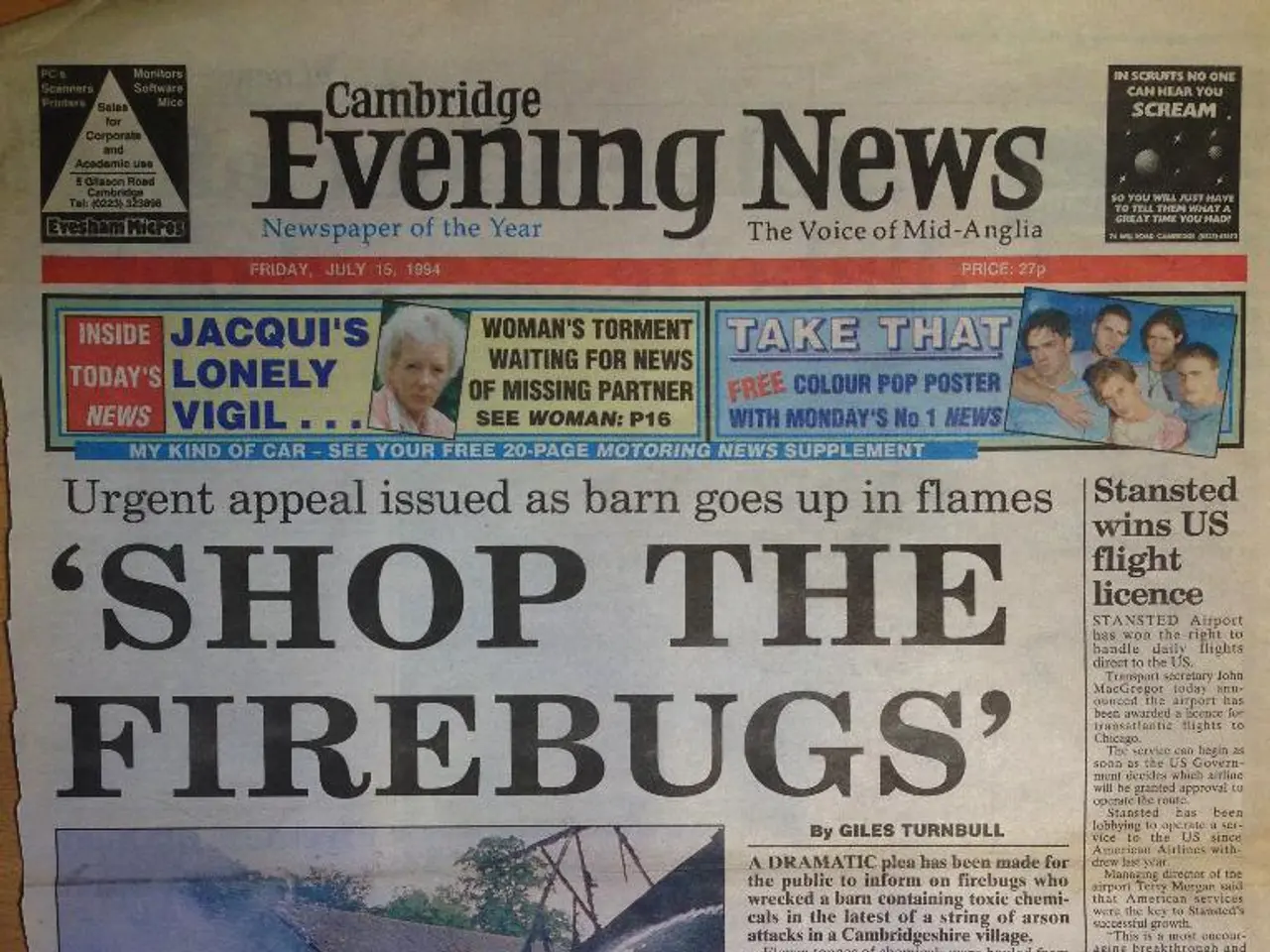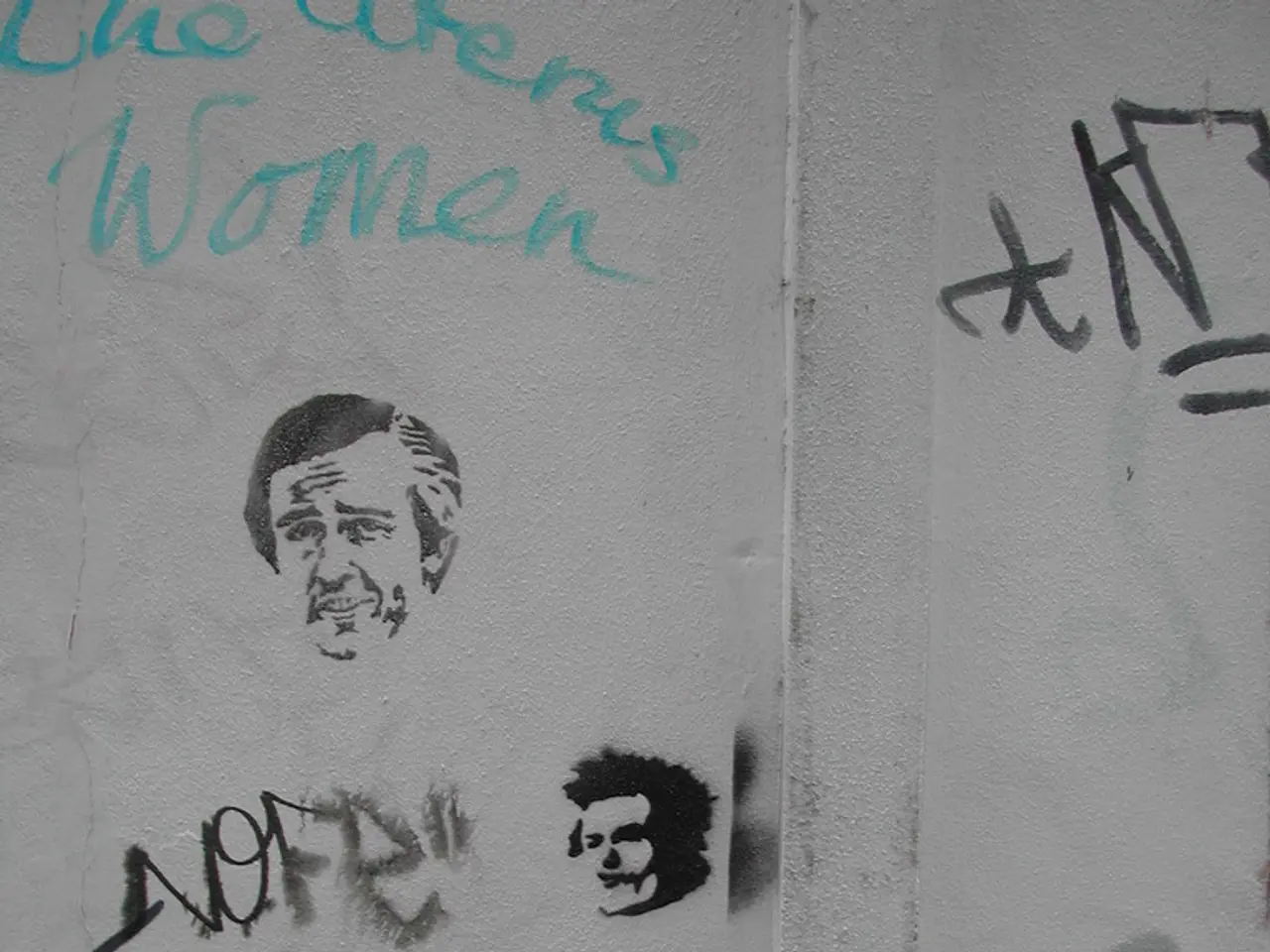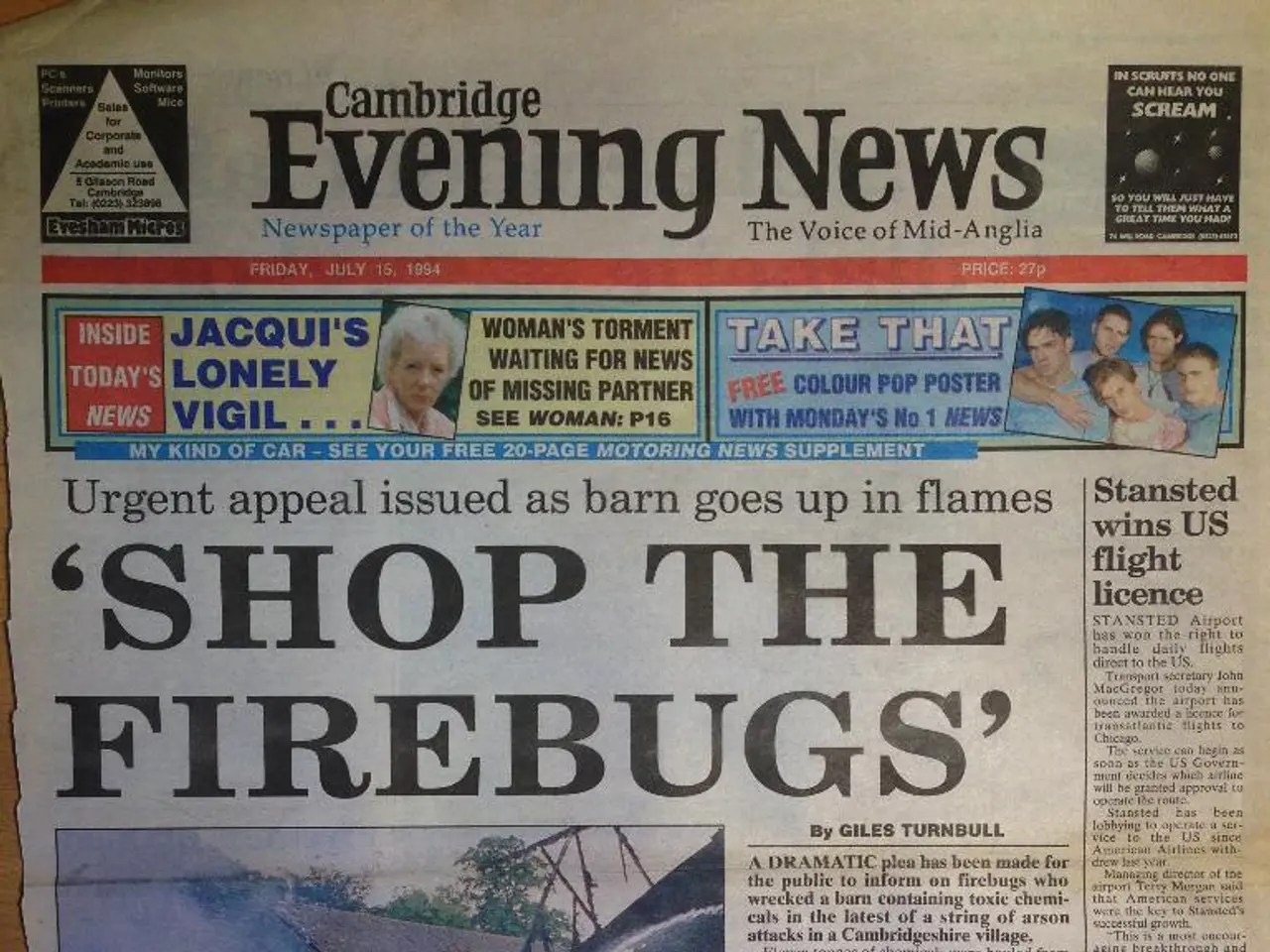Radio Broadcasts Free of Nazi Slogans
Media State Treaties Passed in Stuttgart: Reinforcing Democracy and Media Freedoms
In a significant move for media and democracy in Germany, the state parliament in Stuttgart passed three different media state treaties on Wednesday. These treaties, which aim to regulate public, private, and classic media, reflect the national trend of balancing public service media support with private media freedoms and democratic safeguards.
Rudi Hoogvliet, the Media State Secretary, hailed the passage as a "veritable package" that would help ensure reliable information and civilized debate, the lifeblood of democracy. Hoogvliet underscored the importance of public broadcasting, private broadcasting, and classic media for democracy, emphasizing their role in providing impartial, diverse, and comprehensive information.
Catherine Kern (Greens) highlighted the need for action in social media, particularly due to the dominance of the loudest, not the most relevant, and the strain caused by hate and disinformation. Kern advocated for greater protection against the harmful effects of misinformation and hate speech on young people, who are particularly at risk when growing up with digital media.
Guido Wolf (CDU) emphasized the importance of the treaties in protecting children and young people. One of the reform plans aims to facilitate settings on end devices and enforce legal action against actors abroad who violate German laws.
Nico Weinmann (FDP) welcomed the treaties in principle, believing they provide the right response to past scandals by promoting more transparency, a greater distance from the state, and better control. However, Dennis Klecker (AfD) criticized the state government for pushing ahead with the merger of public and private media, citing the example of left-wing private media being indirectly subsidized from the broadcasting fund in the future.
Jonas Weber (SPD) called for the strengthening of quality media, emphasizing the importance of these treaties for the health of democracy.
For a comprehensive understanding of the exact key points and details of the treaties passed in Stuttgart, it is recommended to check official releases from the Baden-Württemberg state government, the Länder media authorities, or the Commission for the Protection of Minors in the Media (KJM), which often co-oversees such treaties.
This news article provides an overview of the media state treaties passed in Stuttgart, highlighting their importance for democracy and media freedoms. For more specific information, please refer to official releases from the relevant authorities.
[1] German Media Law Updates: A Comprehensive Overview (URL omitted for brevity) [2] Censorship Laws in Germany: An Analysis (URL omitted for brevity) [3] Political Referenda in Germany: A Look at Recent Developments (URL omitted for brevity) [4] Civil Procedure Amendments in Germany: What You Need to Know (URL omitted for brevity) [5] Broader German Legal Updates: A Round-up (URL omitted for brevity)
The policy-and-legislation in question pertain to the media state treaties passed in Stuttgart, a move that reflects the nation's commitment to balancing public service media support with private media freedoms and democratic safeguards within politics. These treaties, detailed in general-news articles, aim to regulate public, private, and classic media, emphasizing their role in providing reliable information essential for democracy.







